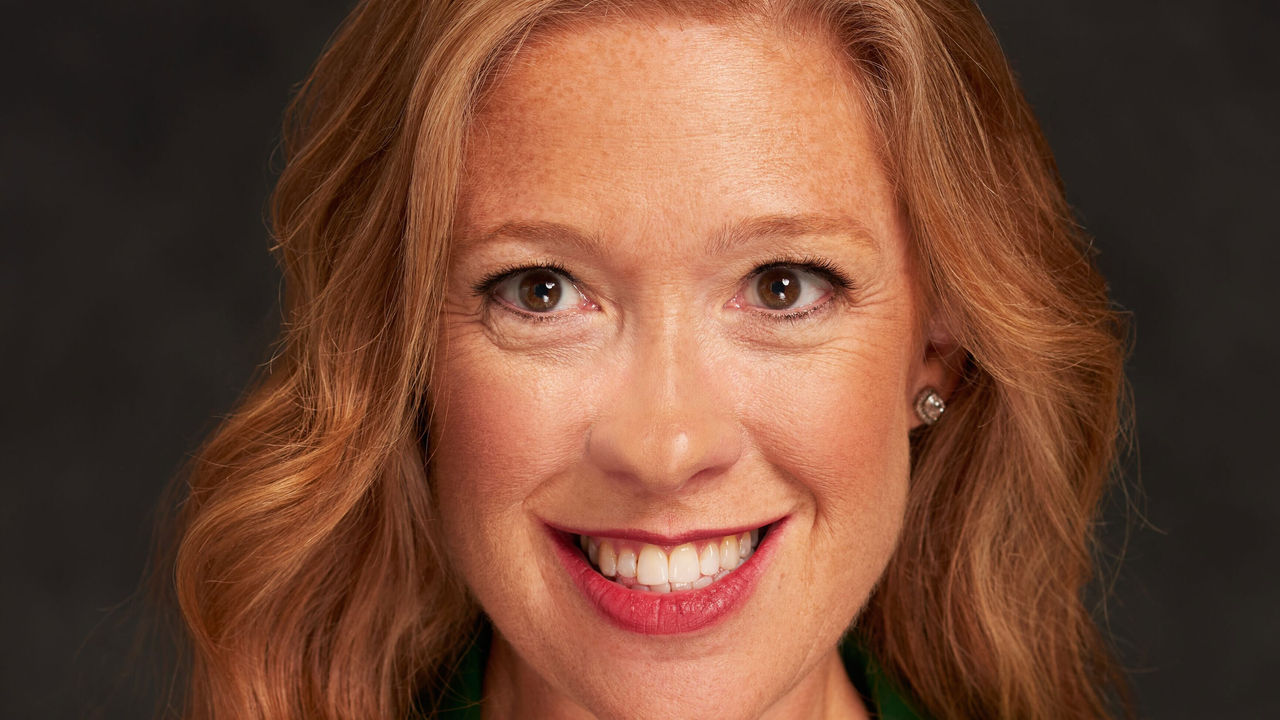Many employees deal with everyday struggles in the workplace. Those challenges can be more pronounced for women.
Women have long experienced pregnancy discrimination, pay inequity, sexual harassment and a host of other issues men are far less likely to face. Women are also struggling to ascend in their careers despite their desire to do so.
Ahead of Women's History Month, Susan MacKenty Brady, co-author of Arrive and Thrive: 7 Impactful Practices for Women Navigating Leadership (McGraw Hill, 2022), spoke with SHRM Online about issues facing women in the workplace—from the reversal of Roe v. Wade to their lack of sponsors at work.
SHRM Online: Last year, the Supreme Court overturned Roe v. Wade. How has the reversal of this federal protection impacted women in the workplace?
Brady: When the Supreme Court revoked the constitutional right to abortion and allowed individual states to decide its legal parameters, [my belief is that] women in the workplace were certainly impacted. [I think that] it disproportionately impacts women of color, women with financial struggles and women in states where they no longer have the right to choose their full health care.
All leaders, not just women, have had to confront how they will ensure that women have the right to full health care. Putting aside personal beliefs, because as you know, abortion is a very deeply controversial topic, the impact of a law that disproportionately affects the reproductive lives of women in America is every leader's problem to solve.
I think many women have felt supported by larger organizations in states that have outlawed abortion. I think this has provided women with some degree of relief. But those are oftentimes bigger companies with the means to provide such support.
Top of mind are women employed by smaller, local organizations with less ability to provide financial support to travel to states allowing abortion treatment. It is now up to women in these situations to figure out how best to navigate. Keep in mind, some women do not have the means to manage this process. We all do not have access to the same resources.
SHRM Online: A 2022 SHRM report, Women in Leadership: Unequal Access on the Journey to the Top, revealed that female managers are more likely than their male counterparts to aspire to higher-level roles. Yet the report shows that just 9 percent of HR professionals describe their organization's leaders as predominantly women. Why is representation so low for women despite their aspirations to ascend professionally?
Brady: I was delighted to see this report. Female managers aspiring to advance into higher roles is a big advancement for women in and of itself. That is progress. And now, the question is, "Why is representation so low despite these aspirations?"
Here's what I wish to remind us all. Everyone, regardless of identity, needs two things to advance:
- A high say-do ratio of quality work output. That's a fancy way of saying they need to perform on the job.
- Someone, or multiple people, to see that effort and believe in them to take on greater responsibility.
There are myriad reasons why we don't see greater numbers of women rise in the ranks as there are a greater number of women who express interest in doing so. The primary reasons are a lack of sponsorship and a lack of awareness that women are interested in greater responsibility, which could, in part, be that women are wanting it but not saying it.
I was recently told a story where a manager didn't want to put an opportunity in front of a female employee because she was pregnant. These kinds of decisions are still being made in 2023. That would be in support of maternal bias, parental bias. We are still seeing deeply held gender stereotypes.
The bottom line: There are still seen and unseen headwinds women are navigating when trying to advance in their careers. I recommend we focus on sponsorship and working to be sure all women think bigger about what is possible and remain open to opportunity.
There is work for women to do for helping our own advancement, too. It is not our fault that there is inequality. But we have a role to play in progress. We serve as our own best advocates by building our networks. Any effort made by women on their own behalf must also couple with a great amount of organizational sponsorship by individuals at every level. Organizations need to reward sponsorship efforts.
Advertisement
An organization run by AI is not a futuristic concept. Such technology is already a part of many workplaces and will continue to shape the labor market and HR. Here's how employers and employees can successfully manage generative AI and other AI-powered systems.
Advertisement



